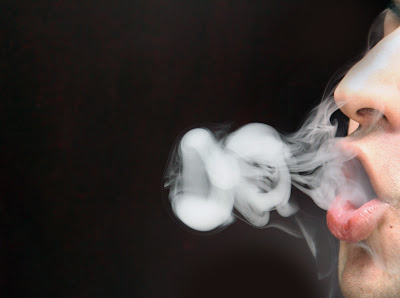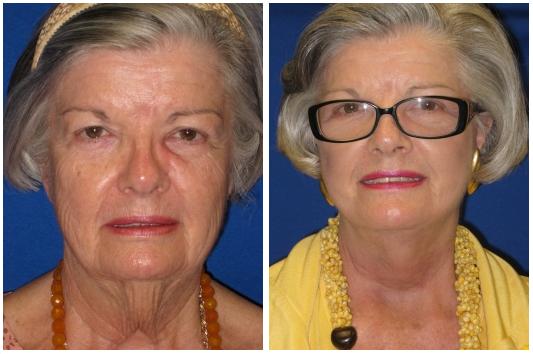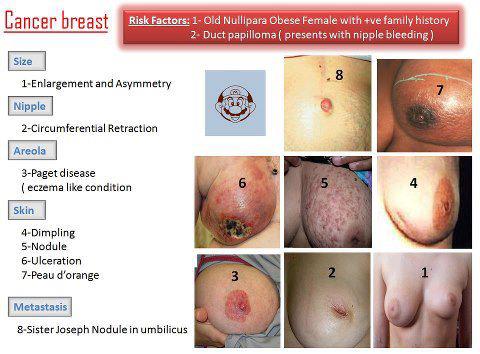Therapy for smoking kills the pleasure of nicotine
Can't kick cigarettes? A vaccine may one day help by preventing nicotine from reaching its target in the brain, according to research published this week.
Most smoking therapies do a poor job of stopping the habit 70% to 80% of smokers who use an approved drug therapy to quit relapse. Scientists say this is because the targets of existing therapies are imperfect, only slightly weakening nicotine's ability to find its target in the brain.
So some scientists have been trying a different approach creation of a vaccine. It would work like this: People would inject the vaccine like a shot, and the vaccine would create nicotine antibodies, molecules that can snatch up nicotine from the bloodstream before it reaches the brain. The vaccine could be used by smokers who want to quit or people who are worried about getting addicted to cigarettes in the future.
Researchers have tried to create vaccines in the past, but the ones they've come up with have not been particularly effective. The authors of the new study say this may be because previous vaccines just didn't create enough antibodies to get rid of all the nicotine.
The new report, published in the journal Science Translational Medicine, attempts to solve this problem via gene therapy, in which a new gene is inserted into the body to do a particular job.
First the scientists at Weill Cornell Medical College in New York City put a gene that produces a nicotine antibody into mice. The gene was taken into the mice's livers, and the liver started producing the antibody. Once produced, the antibody connected with nicotine, trapping it and preventing it from making its way to the brain, where it would otherwise have caused the pleasurable, addictive effects it is so known for.
Because of this trick, the researchers say that the new vaccine should only have to be injected once, and it will work for life, continuing to produce new antibodies in the liver.
The vaccine was effective: When mice were given nicotine intravenously, ones with the vaccine had a 47-fold drop in levels of nicotine in the blood compared with ones that hadn't received the vaccine. The antibody had successfully captured the nicotine in the bloodstream before it could reach the brain.
The work is still preliminary, and the authors admit the technology is far from ready for human use; it has only been used in rodents so far. But given the results, and the continued public health effect of smoking, it may not be too long before all those boxes of Nicorette are replaced with a single trip to the doctor's office.
By Jon Bardin, Los Angeles Times
Most smoking therapies do a poor job of stopping the habit 70% to 80% of smokers who use an approved drug therapy to quit relapse. Scientists say this is because the targets of existing therapies are imperfect, only slightly weakening nicotine's ability to find its target in the brain.
So some scientists have been trying a different approach creation of a vaccine. It would work like this: People would inject the vaccine like a shot, and the vaccine would create nicotine antibodies, molecules that can snatch up nicotine from the bloodstream before it reaches the brain. The vaccine could be used by smokers who want to quit or people who are worried about getting addicted to cigarettes in the future.
Researchers have tried to create vaccines in the past, but the ones they've come up with have not been particularly effective. The authors of the new study say this may be because previous vaccines just didn't create enough antibodies to get rid of all the nicotine.
The new report, published in the journal Science Translational Medicine, attempts to solve this problem via gene therapy, in which a new gene is inserted into the body to do a particular job.
First the scientists at Weill Cornell Medical College in New York City put a gene that produces a nicotine antibody into mice. The gene was taken into the mice's livers, and the liver started producing the antibody. Once produced, the antibody connected with nicotine, trapping it and preventing it from making its way to the brain, where it would otherwise have caused the pleasurable, addictive effects it is so known for.
Because of this trick, the researchers say that the new vaccine should only have to be injected once, and it will work for life, continuing to produce new antibodies in the liver.
The vaccine was effective: When mice were given nicotine intravenously, ones with the vaccine had a 47-fold drop in levels of nicotine in the blood compared with ones that hadn't received the vaccine. The antibody had successfully captured the nicotine in the bloodstream before it could reach the brain.
The work is still preliminary, and the authors admit the technology is far from ready for human use; it has only been used in rodents so far. But given the results, and the continued public health effect of smoking, it may not be too long before all those boxes of Nicorette are replaced with a single trip to the doctor's office.
By Jon Bardin, Los Angeles Times




This sounds pretty useful, I'll send it to my friends that are trying to quit :)
ReplyDelete